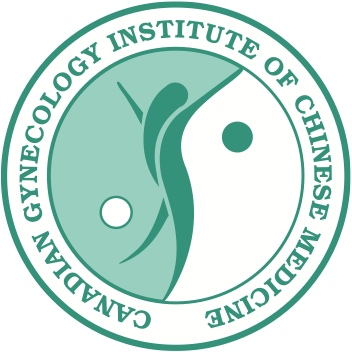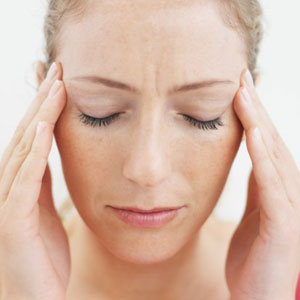Understanding the impact of emotions on the body seems to be a relatively new idea. But not to Chinese Medicine. There are some Chinese medicine doctors that say that 80% of disease is due to an imbalance in emotions. According to western medicine, emotions affect the biofeedback system between the endocrine (hormonal) system and the nervous system. If these systems are affected it causes the body to make physiological changes leading to the presentation of symptoms. This includes changes in respiration, digestion, metabolism (meaning any chemical reaction that must occur in the body to sustain life), the circulatory system, etc. When these systems are influenced, pathological changes can happen in the body, leading to disease.
According to Chinese medicine, emotional stress effects the movement of Qi and Blood. This has a profound influence on menstruation, pregnancy, labor and menopause. For example:
- Sadness causes Qi to WITHER leading to no periods, delayed cycles, heavy periods, organ prolapse, etc.
- Worry & Stress cause Qi to STAGNATE leading to absent, delayed, or painful periods, PMS, etc.
- Anger causes Qi to RISE leading to irregular periods, PMS, painful or heavy periods, etc.
- Fear causes Qi to SINK/SCATTER leading to menopausal problems, no periods, delayed cycles, etc.
…And this list is certainly not exhaustive.
It should be noted though, that while emotions can cause disease, the disease can return and cause the exacerbation of the emotions, leading to a vicious cycle. What Traditional Chinese Medicine (TCM) does is it helps to balance the emotions by bridging the mind-body gap and nourishing the spirit. Through acupuncture, herbs, and tuina massage, the emotions become regulated and so do their physical manifestations. The key, as always, is balance.
Caroline Prodoehl, D.Ac
Qi & Blood – Basic Definitions:
According to TCM, Qi, Blood, Essence and Body Fluids are the fundamental substances which make up the human body. They are the material basis for the physiological functions of the viscera, meridians, tissues and organs. Qi is the substance of vitality. It flows constantly and energetically and is the basis for maintaining life activities. Its physiological functions include promoting, warming, defending, consolidating and transforming. Blood, on the other hand nourishes and moistens the whole body and is the substantial basis for mental activities. Qi is the force in the body, while Blood is the substance.
If you have any questions or are looking for more information or would like to see a specific topic covered, please contact us.

